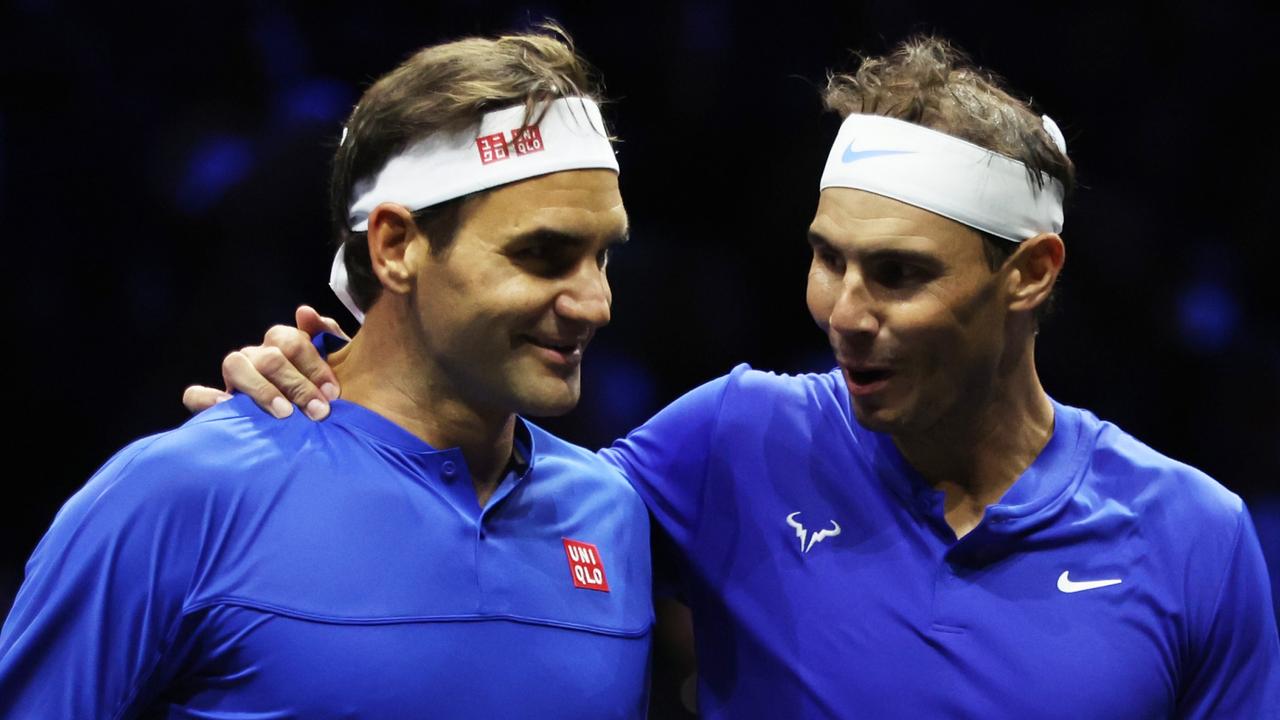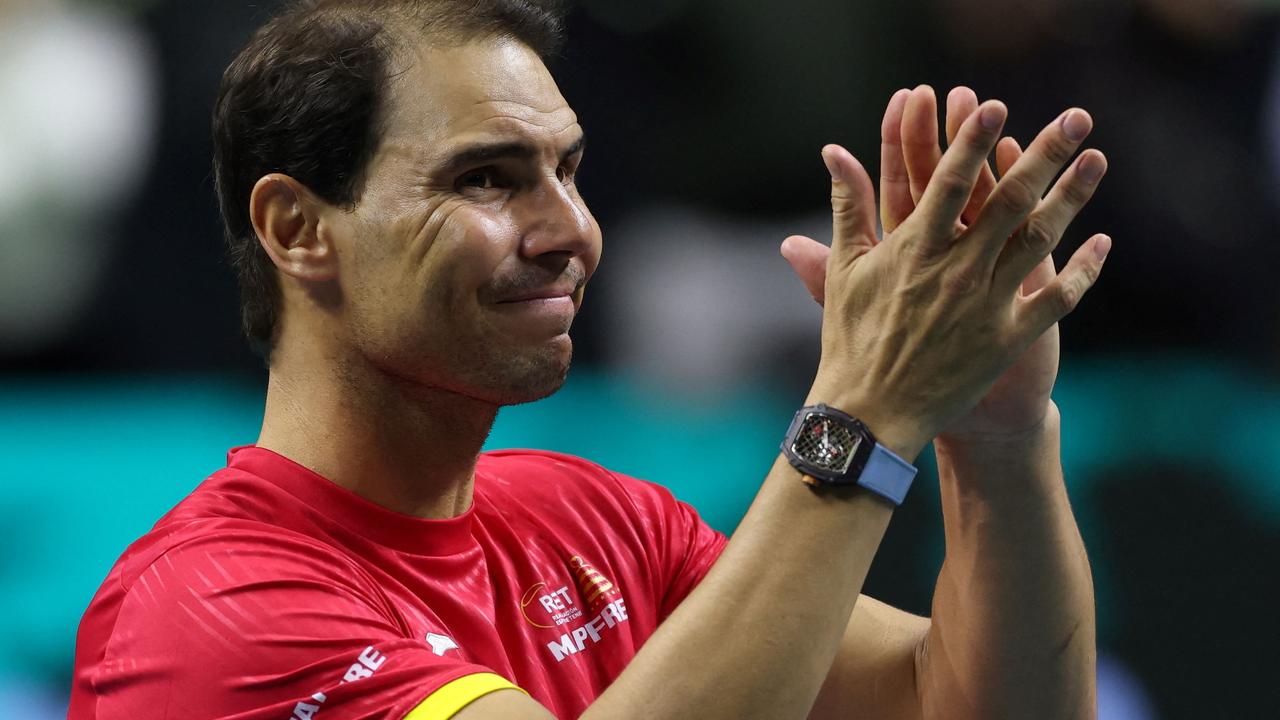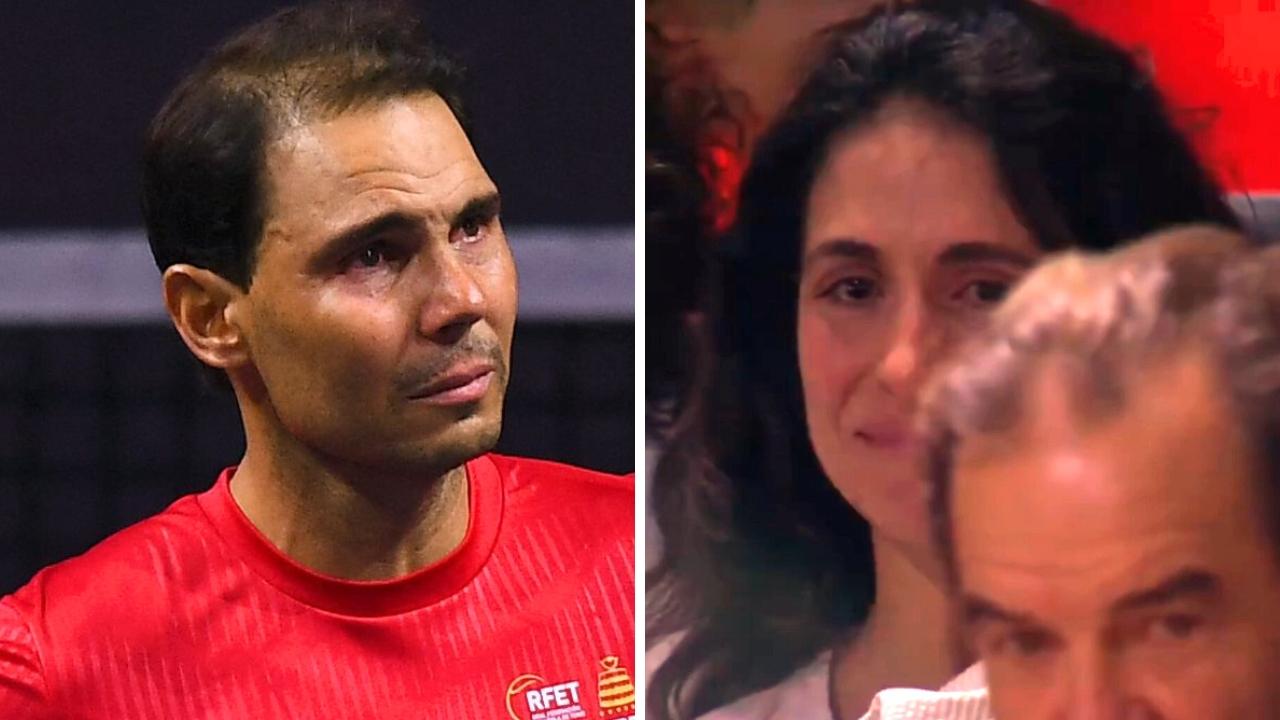Andy Murray-Amelie Mauresmo partnership prompted sexist insults
TWO-time grand slam champion Amelie Mauresmo was the subject of sexist ridicule when she entered the world of men’s tennis.
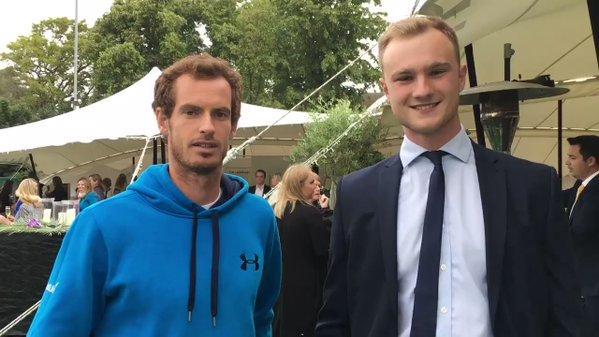
ANDY Murray has revealed just how tough life can be for women on the professional tennis tour, offering an insight into the sexist reaction to news he was thinking of hiring former pro Amelie Mauresmo as his coach.
Murray teamed up with the two-time grand slam winner in 2014 before the pair split in May last year.
It was a surprise to many to see one of the top ranked players on the men’s circuit reach out to a female coach, and that surprise is evident than in a text message he received from a fellow player when talk of the potential new partnership made its way into the media.
“When it first came out in the press that I may be working with a woman, I got a message from one of the players who is now coaching. He said to me, ‘I love this game that you’re playing with the press, maybe you should tell them tomorrow that you’re considering working with a dog,’” Murray told Elle magazine.
“That’s the sort of stuff that was said when I was thinking about it.”
He said Mauresmo was unfairly criticised for his losses when he should have taken the bulk of the blame, which is what happens now under coach Ivan Lendl.
“The amount of criticism she got in comparison to any other coach I’ve ever worked with — it’s not comparable at all,” Murray said. “Now, when I lose a match, I get the blame. When I was working with her, it was always her fault.
“It (having a female coach) certainly highlighted a few things I hadn’t given loads of thought to.”
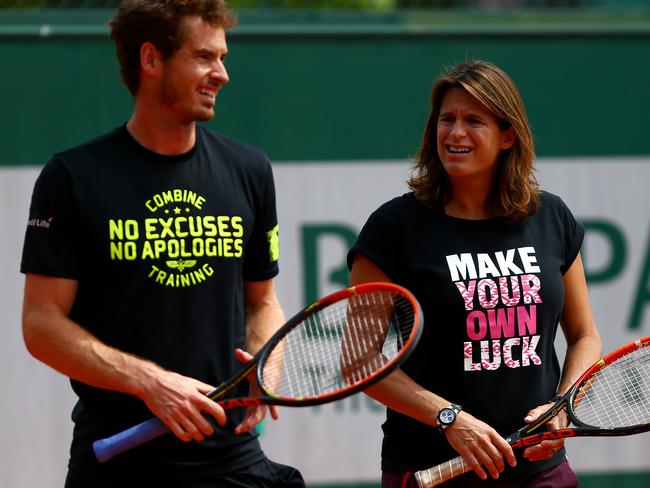
Murray’s mother Judy is an iconic tennis figure and coached Andy and his brother Jamie, as well as many other young talents. She also enjoyed a stint as Great Britain’s Fed Cup captain, and Murray says growing up with her influence has shaped his view on the important role women have in the sport.
“Some argue, ‘Oh, well, she’s a woman, so she can’t understand the men’s game,’” Murray told Elle about female coaches. “But then how can a man understand the women’s game?
“I obviously grew up getting coached by my mum, so I didn’t see any issue. But even when I came on the professional tour, there were no men coached by women, so looking for a coach, you assume you’re looking for a man, but when you get older you realise … well, no, it doesn’t have to be that way.”
Murray penned an article for French publication L’Equipe in 2015 where he lay claim to being a feminist, and he’s been vocal about promoting equality in the sport. This was evident when he corrected a reporter’s casual sexism during a post-match press conference at Wimbledon this year.
Murray had just lost to Sam Querrey in the quarterfinals at the All England Club, and the question started by referring to Querrey as the “first US player” to reach a major semi-final since 2009.

“Male player,” Murray pointed out.
“I beg your pardon,” the reporter responded.
“Male player,” Murray repeated.
Querrey was indeed the first American man to make it to the semi-finals at a grand slam tournament since Andy Roddick reached the Wimbledon final eight years ago. But Serena Williams alone has won more than 10 major titles since 2009.
And then there’s her sister Venus, a Wimbledon semi-finalist last year and this year, for example, not to mention a finalist at the Australian Open in January. And that’s just the Williams sisters. CoCo Vandeweghe, Madison Keys and Sloane Stephens also have reached major semi-finals since Roddick’s run.
Judy Murray tweeted a quote of the exchange with the comment: “That’s my boy.”
That's my boy. â¤ï¸ https://t.co/ldZUQ2wbZj
— judy murray (@JudyMurray) July 12, 2017
He did a similar thing at the Rio Olympics in 2016 when he was congratulated for being the first tennis player to ever win two gold medals.
“Well, to defend the singles title,” Murray replied. “Venus and Serena have won about four each, but hadn’t defended a singles title before.”
In July, the Guardian dubbed Murray “the feminist tennis needs” after he criticised Wimbledon officials for giving precedent to men’s matches on centre court.
“I think ideally you would have two men’s and two women’s on Centre, potentially starting the matches a bit earlier would allow for that,” Murray said.
— with AP

